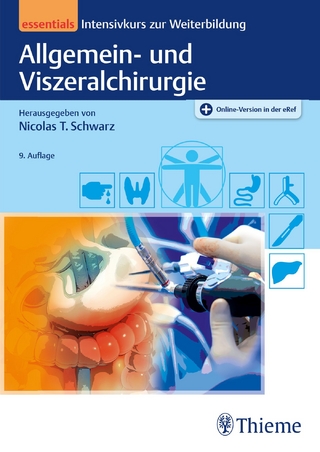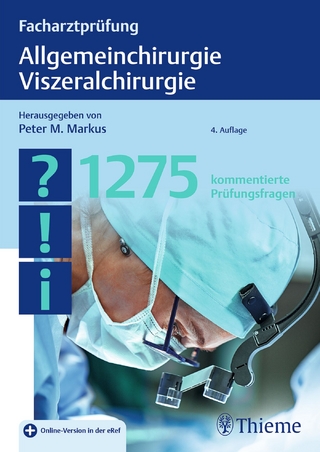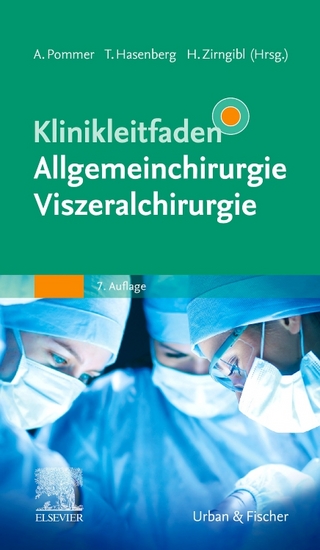
Oxford American Pocket Notes Postoperative Ileus
Oxford University Press Inc (Verlag)
978-0-19-538446-8 (ISBN)
Accelerating recovery of gastrointestinal function improves clinical outcomes, enhances patient comfort, and has a positive economical effect in that it shortens the length of hospital stay and reduces hospital cost. Treatment options include pharmacological as well as non-pharmacological approaches, specifically epidural anesthesia and traditional, non-steroidal, anti-inflammatory drugs, as well as other opioid sparing analgesics. Part of the new Oxford American Pocket Notes series, this very concise guide presents a brief overview of the diagnosis, prevention, and management of postoperative ileus. A valuable resource in the hospital setting for surgeons, anesthesiologists, gastroenterologists, OB/GYNs, pharmacists, physician assistants, nurse practitioners, recovery nurses and other members of the hospital staff, this practical, up-to-date volume includes sections on the pathophysiology and clinical features of POI as well as on traditional and emerging therapies.Uniquely compact and affordable, this book provides helpful guidelines for fast track recovery in the hospital setting. In addition, it includes sections on differential diagnosis and non-pharmacological treatments.
Helpful aids, such as patient assessment tools, medication tables, and illustrations will provide easily accessible insights.
1. Introduction; a. Definition; b. Prevalence of POI; c. Economic Burden in the Hospital Setting; d. Risk factors; 2. Causes and Pathophysiology; a. Activation of inhibitory spinal reflex arcs; b. The surgical stress response; c. Generation of endocrine and inflammatory mediators; d. Surgical manipulation of the bowel; e. Stimulation of opioid receptors; 3. Diagnosis and Clinical Features; a. Typical symptoms; b. Physical signs; c. Radiography, contrast and CT scan, endoscopy, blood tests; d. Differential diagnosis (ruling out bowel obstruction, sepsis and Ogilvie syndrome (pseudo-obstruction)); 4. Prevention of POI - Peri-operative; a. nasogastic intubation (NGI); b. fluid administration- goal directed, fluid restriction, type of fluid; c. surgical technique - laparoscopic; d. prokinetic agents; e. anesthetic techniques: GA vs epidural; f. anesthetic drugs; g. psychological; 5. Current Pharmacological Options for Treatment and Management of POI; a. NSAIDS, other anti-inflammatory agents; b. Symptom relief with hydration and nasogastric tubes; c. Prokinetic agents (cisapride, erythromycin, and metoclopramide); d. Laxatives; e. Mu-opioid antagonists (naloxone, natrexone and nalmefene); f. anticholinergic or cholinergic drugs; 6. Emerging Pharmacotherapies in POI; a. Peripherally-acting mu-opioid antagonists: -alvimopan -methylnaltrexone; 7. Non-pharmocological therapies; a. Diet; b. Physical activity; c. fast track recovery protocol; 8. Conclusion; 9. Further considerations and additional resources for clinicans and patients
| Erscheint lt. Verlag | 1.12.2011 |
|---|---|
| Verlagsort | New York |
| Sprache | englisch |
| Themenwelt | Medizinische Fachgebiete ► Chirurgie ► Viszeralchirurgie |
| ISBN-10 | 0-19-538446-6 / 0195384466 |
| ISBN-13 | 978-0-19-538446-8 / 9780195384468 |
| Zustand | Neuware |
| Haben Sie eine Frage zum Produkt? |
aus dem Bereich


